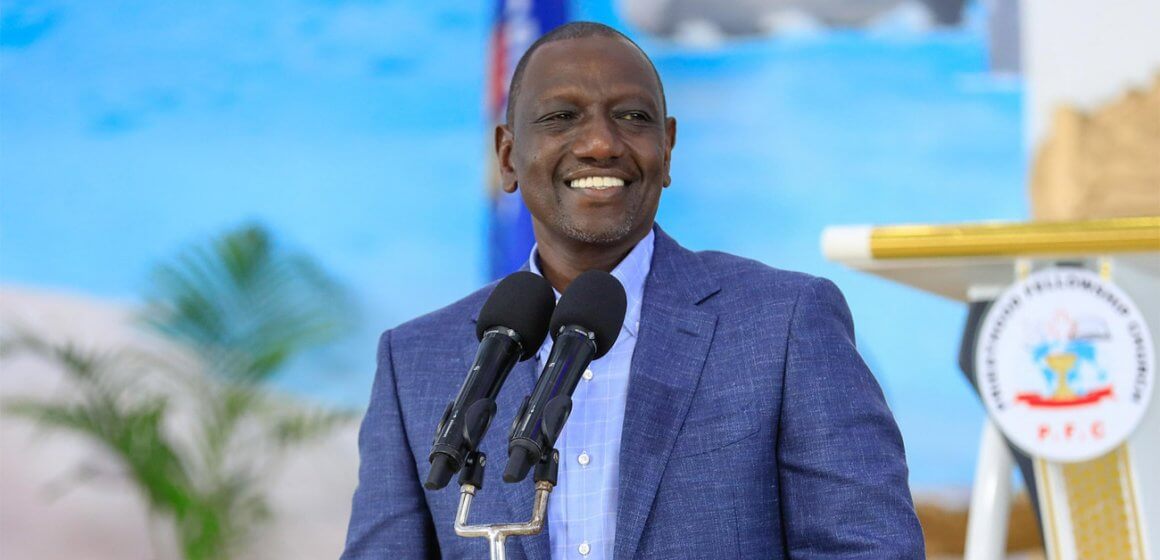|
LISTEN TO THIS THE AFRICANA VOICE ARTICLE NOW
Getting your Trinity Audio player ready...
|
Kenya Chosen as Home for Africa’s Anti-Corruption Research Center
In a major victory for the fight against corruption, Kenya has been chosen to host the Centre for Anti-Corruption Studies and Research in Africa (CEREAC). This decision, announced on January 10th by the African Association of Anti-Corruption Authorities (AAACA), marks a significant step towards strengthening good governance across the continent.
CEREAC will function as a dedicated hub for research and studies aimed at bolstering anti-corruption efforts. “The centre will play a crucial role in developing and harmonizing strategies to prevent, detect, investigate, and control corruption in Africa,” emphasized Twalib Mbarak, CEO of Kenya’s Ethics and Anti-Corruption Commission (EACC).
Kenya’s bid for the coveted hosting role emerged victorious after a competitive selection process. Facing off against Egypt, Kenya successfully met stringent criteria, including ratification of anti-corruption instruments, a robust national anti-corruption strategy, and established anti-corruption research initiatives. Ultimately, Kenya’s comprehensive bid secured 210 points compared to Egypt’s 191, tipping the scales in its favor.
The EACC, representing Kenya at AAACA, expressed immense gratitude for the trust bestowed upon the nation. “This is a testament to Kenya’s commitment to tackling corruption and our desire to collaborate with fellow African nations in building a continent free from graft,” stated Mbarak.
CEREAC’s establishment in Kenya presents a valuable opportunity for the country to take a leading role in shaping the continent’s anti-corruption landscape. The center’s research and findings will inform evidence-based policies and practices, empowering governments and civil society organizations to effectively combat corruption across Africa.
Morocco Takes Helm of UN Human Rights Council Despite Concerns
In a highly contested vote, Morocco secured the prestigious, yet largely symbolic, position of leading the United Nations Human Rights Council. This triumph came after a heated clash with South Africa, which vehemently opposed Morocco’s candidacy due to concerns over its own human rights record.
Ambassador Omar Zniber of Morocco emerged victorious, garnering 30 votes in a secret ballot, compared to 17 votes for his South African opponent, Ambassador Mxolisi Nkosi. South Africa had argued that Morocco’s history of human rights violations, particularly in the disputed Western Sahara territory, rendered it unfit to preside over the Council.
“The Kingdom’s election…demonstrates the trust and the credibility inspired by Morocco’s external actions,” countered the Moroccan foreign ministry, dismissing accusations of sabotage by South Africa and Algeria.
This public rift within the African Group, responsible for nominating the Council’s president, is unusual, showcasing the deep divisions surrounding Morocco’s claim over Western Sahara, where the Polisario Front, backed by Algeria, advocates for independence. Morocco categorically denies allegations of human rights abuses against its opponents in the region.
Prior to the vote, Nkosi declared Morocco “the antithesis of what the council stands for,” warning that its appointment would damage the Council’s credibility. Morocco, in turn, accused South Africa of hindering its bid for the position.
In light of Morocco’s new role, human rights groups are urging increased scrutiny and accountability. “Morocco must refrain from intimidating or retaliating against human rights defenders engaging with the U.N.,” underscored Tess McEvoy, Co-Director of the International Service for Human Rights.
The United Nations Human Rights Council, convening several times a year, plays a pivotal role in safeguarding human rights globally. It can magnify international focus on countries’ human rights records and initiate investigations into alleged abuses. While the position of president itself holds limited formal power, it carries significant symbolic weight and presents Morocco with a crucial platform to showcase its own human rights commitments.
The Council’s upcoming sessions under Morocco’s leadership will be closely watched, particularly regarding its handling of sensitive issues like Western Sahara and its own internal human rights practices.











LEAVE A COMMENT
You must be logged in to post a comment.